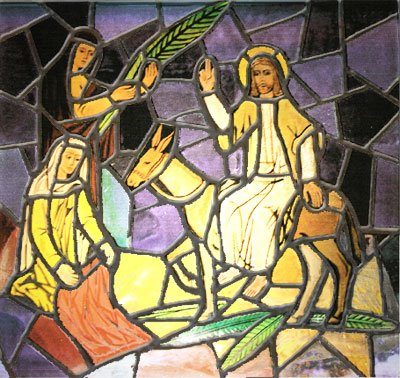Sleds and Cannons Day
 Henry Knox was the son of a ship’s captain who died when the boy was nine. Henry began working as a bookstore clerk at 12 to support his mother, and later opened his own bookstore. If Knox’s story ended there, it would be a remarkable tale of trial, strength, survival, and ingenuity.
Henry Knox was the son of a ship’s captain who died when the boy was nine. Henry began working as a bookstore clerk at 12 to support his mother, and later opened his own bookstore. If Knox’s story ended there, it would be a remarkable tale of trial, strength, survival, and ingenuity.
But, Henry Knox was also a soldier during the American Revolution, commissioned a Colonel by George Washington and tasked with bringing 60 tons of artillery from Crown Point and Ticonderoga in upstate New York to the Seige of Boston, a journey of 300 miles over unimproved terrain.
To make Knox’s mission even worse, as he made his way toward the coast, snow began covering the ground. Knox refused to see the heavy snowfall as a hindrance, instead seeking in it some opportunity. Rather than plowing through the snow, he put the cannon on sleds and slid them over it.
It may seem out of place to celebrate a military maneuver as an act of piety, but by accommodating providence rather than resisting it Henry Knox exemplified the spirit of “Thy Will Be Done.” The arrival of these cannon in Boston a mere 56 days after their departure has been described as miraculous, but it was in fact the wise action of Henry Knox that achieved what many believed could not be achieved, by applying his God-given reason to a God-given blessing that others might have seen as a curse.
Today, on the 6th Day of Action, we celebrate Knox’s achievement.

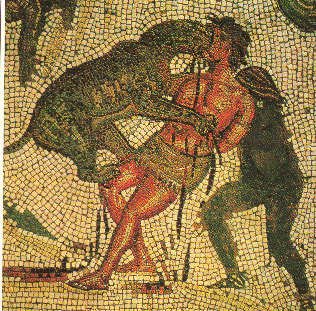 Yesterday was the First of the
Yesterday was the First of the  It is quite appropriate that the birthday of Martin Luther King Jr. falls on the
It is quite appropriate that the birthday of Martin Luther King Jr. falls on the 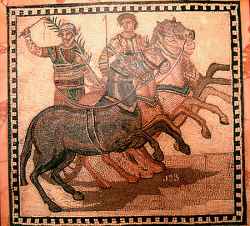 January 13th is the seventh of the
January 13th is the seventh of the  January 12th is John Hancock Day for American Unitarian Reform, the 6th Day of Defiance on the AUR Winterval Season liturgical calendar.
January 12th is John Hancock Day for American Unitarian Reform, the 6th Day of Defiance on the AUR Winterval Season liturgical calendar.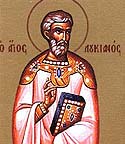 Today is the feast of St. Lucian, the first of the 12 Days of Defiance which begin the Winterval Season. Lucian was the teacher of both St. Arius and St. Eusebius, the bishop who baptized Constantine, finally Christianizing the Emperor after a lifetime of religious ambiguity.
Today is the feast of St. Lucian, the first of the 12 Days of Defiance which begin the Winterval Season. Lucian was the teacher of both St. Arius and St. Eusebius, the bishop who baptized Constantine, finally Christianizing the Emperor after a lifetime of religious ambiguity.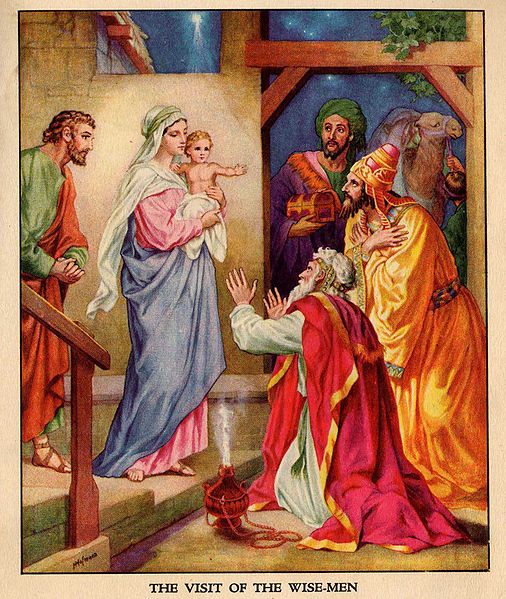 In the ancient church, the 6th of January was observed in celebration of not only the birth of Jesus and the adoration of the Magi and shepherds, but also other events such as his baptism by John and the wedding at Cana.
In the ancient church, the 6th of January was observed in celebration of not only the birth of Jesus and the adoration of the Magi and shepherds, but also other events such as his baptism by John and the wedding at Cana.
